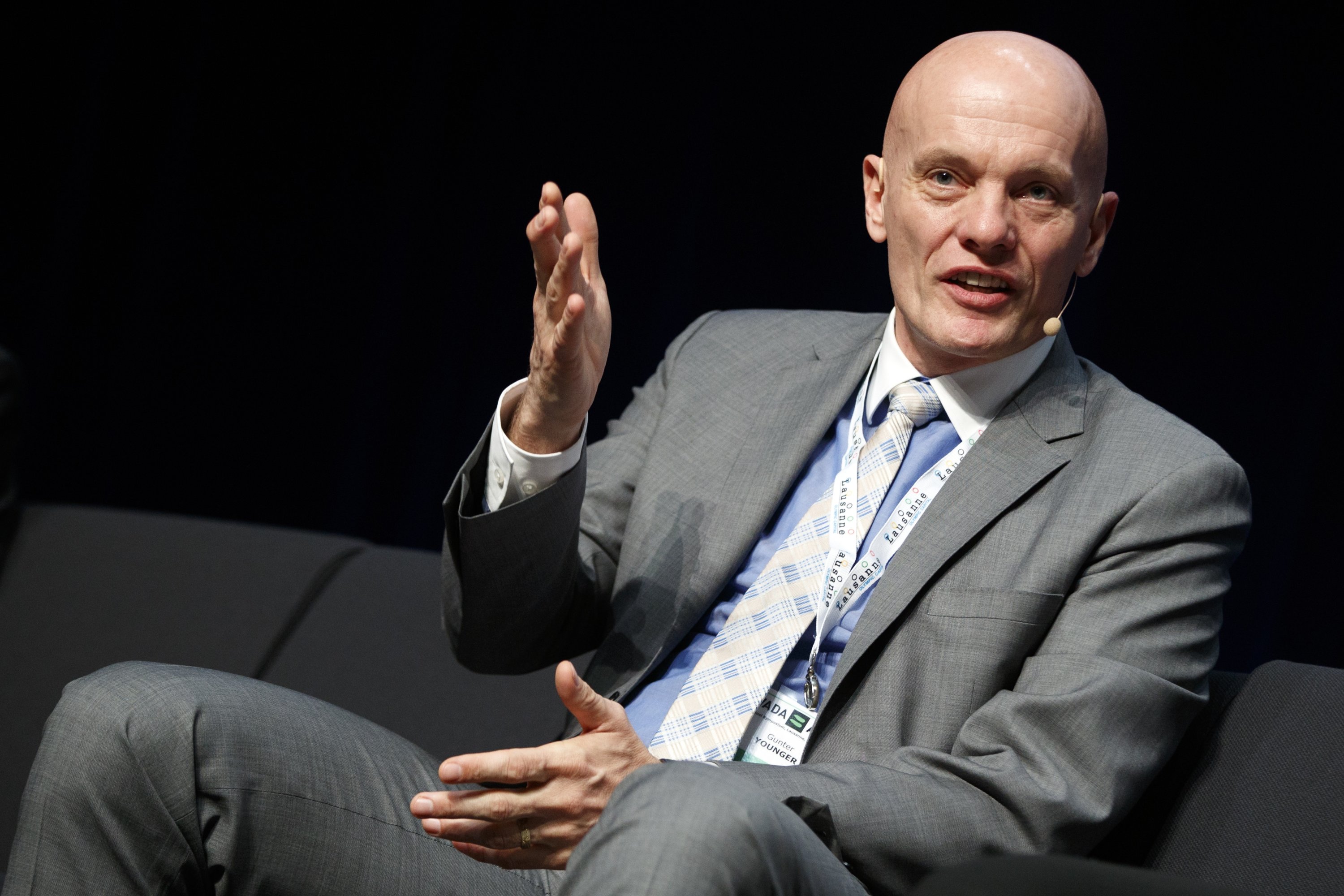© Turkuvaz Haberleşme ve Yayıncılık 2026
A World Anti-Doping Agency (WADA) program aimed at strengthening cooperation with law enforcement in Europe has led to the seizure of more than 25 tonnes of performance-enhancing drugs (PEDs), with officials now looking to replicate the success in Oceania and Asia.
Launched in 2022, WADA's Intelligence and Investigation (I&I) program targeted 48 participating European countries with the goal of initiating five anti-doping operations.
Nearly a year after the program concluded, more than 100 operations remain active across the continent, resulting in the seizure of over 25 tonnes of illicit PEDs and the shutdown of 25 laboratories, WADA's I&I Director Gunter Younger told Reuters.

"They prevented more than 500 million doses of PEDs from reaching the global market, which is a significant achievement," Younger said. "This success has led our management to decide that this is a project worth continuing."
Now, WADA hopes to achieve similar results on a different scale in Asia and Oceania.
This week, WADA I&I staff are meeting anti-doping and law enforcement officials on Australia's Gold Coast to exchange intelligence and enhance crime-fighting capacity in the Oceania region.
The workshop is the first of six to be held across the region and Asia this year as WADA pushes national anti-doping agencies and police to collaborate to shut down illicit PED production and distribution.
Sponsored by Sport Integrity Australia, the Gold Coast workshop is limited to Oceania participants, including New Zealand and Pacific nations.
Other workshops in Saudi Arabia, India and Thailand this year will feature Asian nations, including China, a major producer of materials used in PEDs.
China's participation is crucial, Younger said, to better understand the country's legal framework for these materials.
"Sometimes powder used in PEDs or precursors are allowed, but trafficking is not," he said. "So if we know [the legal framework], we can provide this intelligence to China ... if there are criminals and [activities] that are against the law in China."
China's commitment to anti-doping efforts came into question last year when it was revealed that 23 of the nation's swimmers tested positive for the same banned drug in the lead-up to the Tokyo Olympics but were cleared to compete at the Games.
Chinese authorities blamed contamination from a hotel kitchen after an investigation. WADA declined to contest the findings on the advice of lawyers.
While defending WADA's handling of the case, Younger noted it had strained relations with the United States, a vital partner in the global anti-doping fight.
He said the majority of illicit PEDs seized in Europe during the WADA program were produced in Asia and destined for the U.S. market.
The Federal Bureau of Investigation and U.S. Justice Department launched a criminal investigation into the handling of the Chinese case last year, and the U.S. government withheld more than $3.6 million in funding due to WADA in 2024, about 6% of the global body's annual budget.
Despite the friction between WADA and the U.S., Younger said his I&I team has a good operational relationship with counterparts at the U.S. Anti-Doping Agency and that he hoped to roll out I&I workshops in the Americas with U.S. involvement.
But he conceded it may take some time before this happens.
"I know it's political. I stay out of political discussions. If I have a case tomorrow with the U.S., I will call them and say, 'Let's work together,'" he said. "So, therefore, we are hoping by next year, 2027, it will be resolved, so we can go back to where we should be, namely fighting against doping and not each other."
